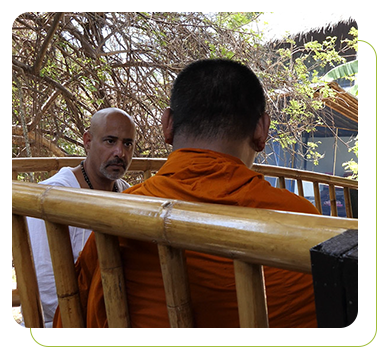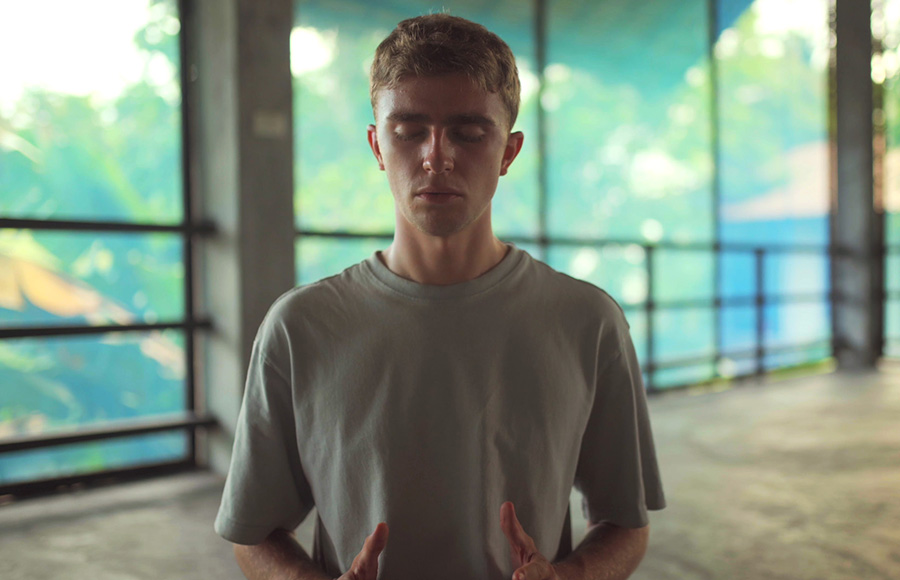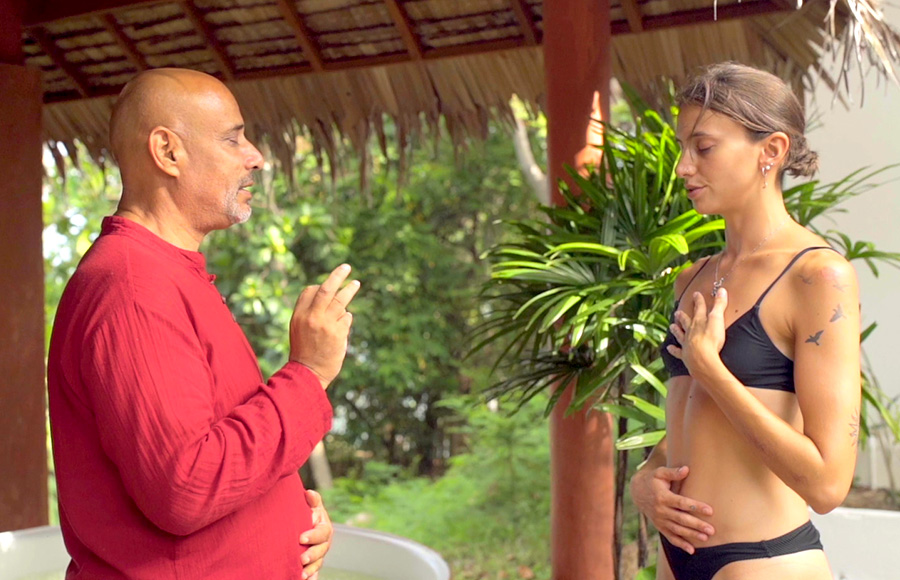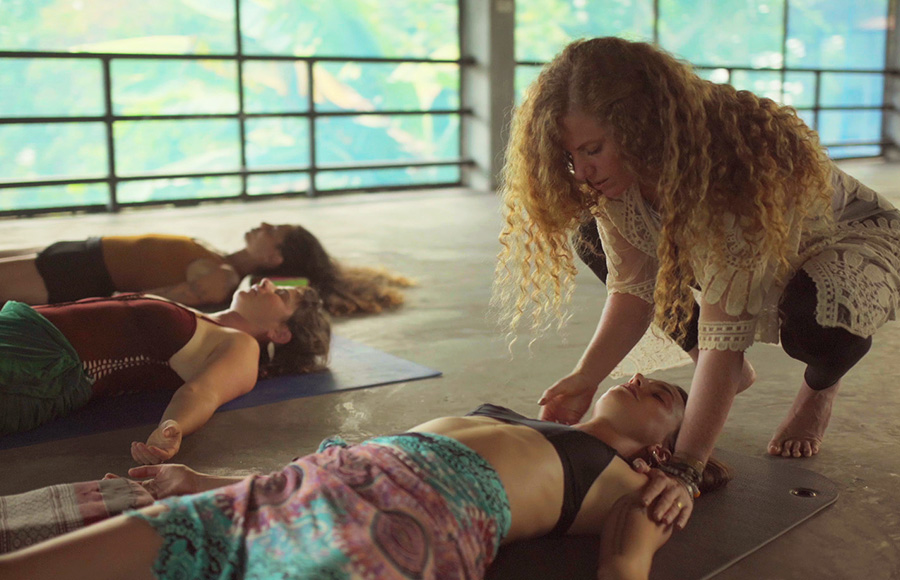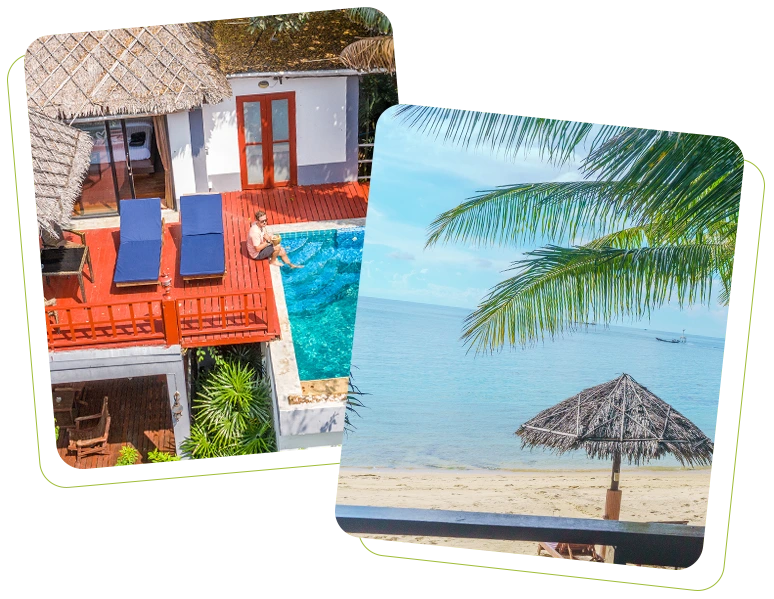Why Standard Rehab Models Fail Neurodivergent Clients — And How to Fix It
05 min read
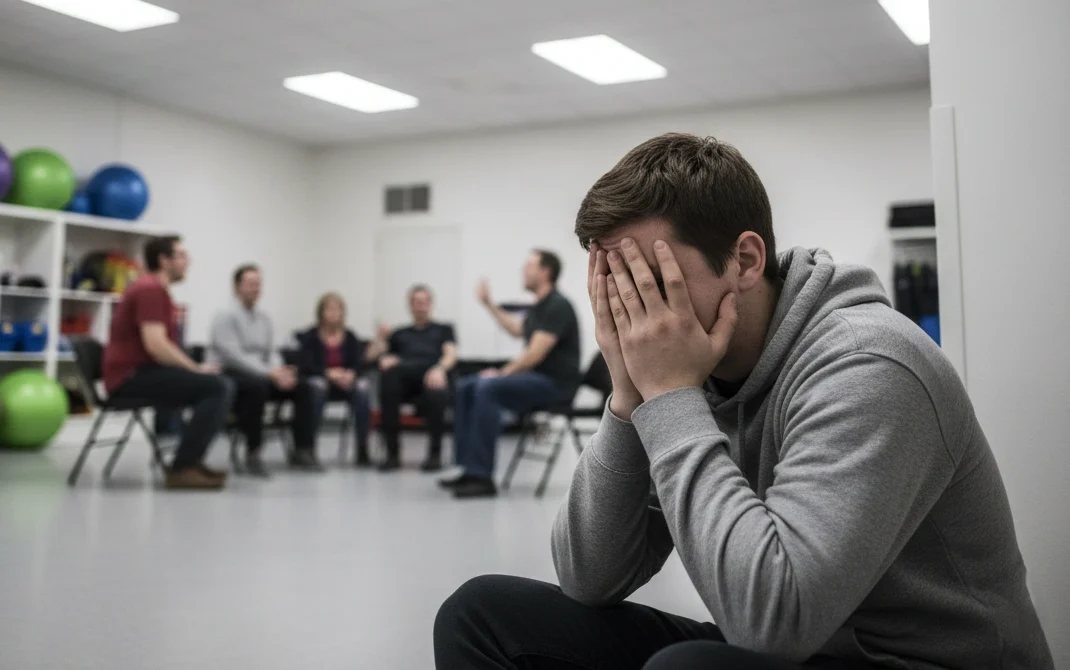
The Problem With One-Size-Fits-All Rehab
Most rehab programs were designed with a “standard client” in mind — someone neurotypical, able to follow rigid schedules, and comfortable in group-heavy environments. But for neurodivergent clients, including those with autism, ADHD, dyslexia, or sensory processing differences, these traditional models often fall short.
At Holina Rehab Thailand, we’ve seen firsthand that when rehab fails to adapt, neurodivergent clients are left misunderstood, retraumatized, or disengaged. That’s why we’ve built a neurodivergence-affirming, trauma-informed model designed to truly support healing.
Why Standard Rehab Fails Neurodivergent Clients
1. Rigid Schedules and Structures
Strict timetables can overwhelm clients with ADHD or autistic individuals who need more flexibility.
2. Sensory-Overloading Environments
Bright lights, loud group sessions, or crowded spaces can trigger anxiety or shutdowns.
3. One-Size-Fits-All Therapy
Programs designed only for verbal, neurotypical processing exclude those who benefit from visual or non-verbal approaches.
4. Lack of Staff Training
Without neurodiversity awareness, staff may misinterpret behaviors as resistance or non-compliance.
5. Ignoring Trauma
Many neurodivergent clients carry high levels of trauma. Standard models that don’t address this risk retraumatization and relapse.

How to Fix Rehab for Neurodivergent Clients
1. Person-Centered Programs
Treatment plans should be flexible, individualized, and designed around the client’s strengths and challenges.
2. Sensory-Friendly Environments
Spaces with calming colors, quiet zones, and natural surroundings reduce overwhelm and support regulation.
3. Flexible Communication Tools
Using visual aids, written supports, and flexible pacing helps clients engage in ways that suit them.
4. Specialist Staff Training
Staff must be trained to recognize masking, burnout, and regulation needs, creating trust and understanding.
5. Trauma-Informed Therapy
Recovery must go beyond detox, addressing root causes with EMDR, somatic therapies, and compassionate psychotherapy.

How Holina Rehab Leads the Way
At Holina Rehab Thailand, we’ve already made these changes:
Our resort environment is sensory-friendly and calm.
Therapies are adapted for neurodiverse processing.
Staff are trained in inclusive, trauma-informed practices.
Unique holistic therapies — including water-based treatments, yoga, art therapy, and mindfulness — provide safe and flexible outlets for healing.
The Benefits of Fixing Rehab for Neurodivergent Clients
Better engagement: Clients stay involved in treatment.
Reduced relapse risk: Trauma and sensory needs are addressed.
Higher completion rates: Flexible, supportive programs keep clients on track.
Inclusive leadership: Holina sets a new global standard for inclusive rehab.
FAQs About Standard vs. Inclusive Rehab
Q1: Why do traditional rehabs fail neurodivergent clients?
Because they use rigid, one-size-fits-all models that don’t adapt to sensory, emotional, or communication needs.
Q2: What’s the alternative?
Inclusive, trauma-informed, person-centered rehab programs that adapt to each client.
Q3: How does Holina adapt rehab for neurodivergence?
Through sensory-friendly spaces, flexible schedules, staff training, and holistic therapies.
Q4: Does inclusive rehab cost more?
No. Holina offers all-inclusive packages without hidden fees, covering therapy, accommodation, and holistic care.
Q5: Can inclusive rehab help neurotypical clients too?
Yes. Adaptable, compassionate programs improve outcomes for all clients.
Conclusion: Building the Future of Rehab
Standard rehab models leave too many neurodivergent clients behind. At Holina Rehab Thailand, we’ve built a different path — one that values difference, heals trauma, and creates space for every client to recover with dignity.
📞 Ready to Begin?
Contact Holina Rehab today to start your healing journey:
Phone: +66 (0) 626 418 369
Email: info@holinarehab.com
Website: www.holinarehab.com
About Me
Ian Young
Ian Young is the Global Manager at Holina Care Centres in Koh Phangan, Thailand. Ian oversees the rehabilitation programs that blend the 12 Step model, Psychology, Counselling, Coaching, Somatic and many other therapeutic engagements, alongside various evidence-based therapies with holistic healing practices. Holina Rehab treats addictions, trauma, anxiety, depression, and other emotional challenges, offering comprehensive care in a serene resort environment. Ian, a charismatic speaker and author of “It’s Not About Me” leveraging his own recovery journey from addiction to inspire and guide others toward a fulfilling, addiction-free life.
Recent Blogs
-
29 Jan, 2026
The Ultimate Guide to 12-Step Rehab in Thailand
















